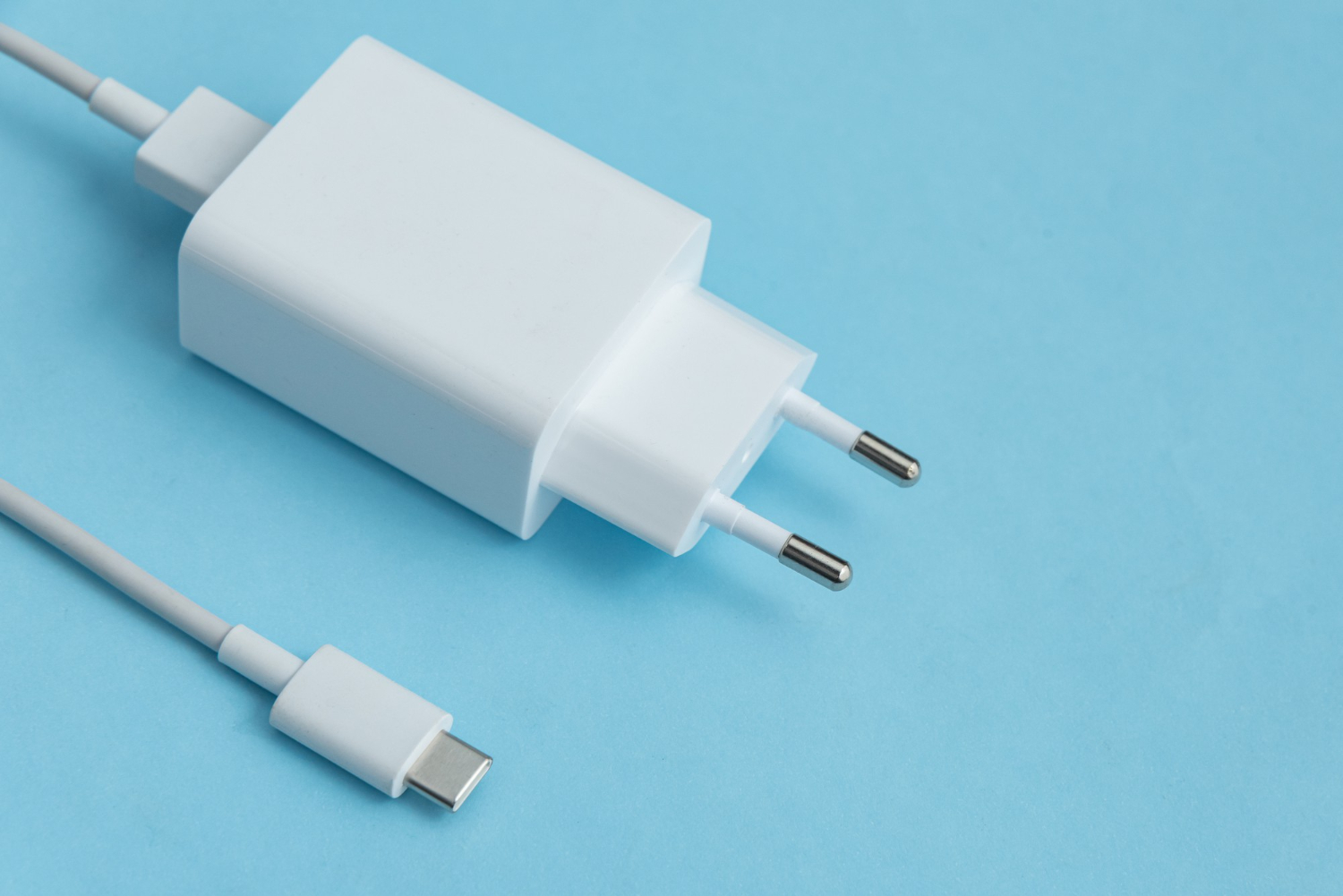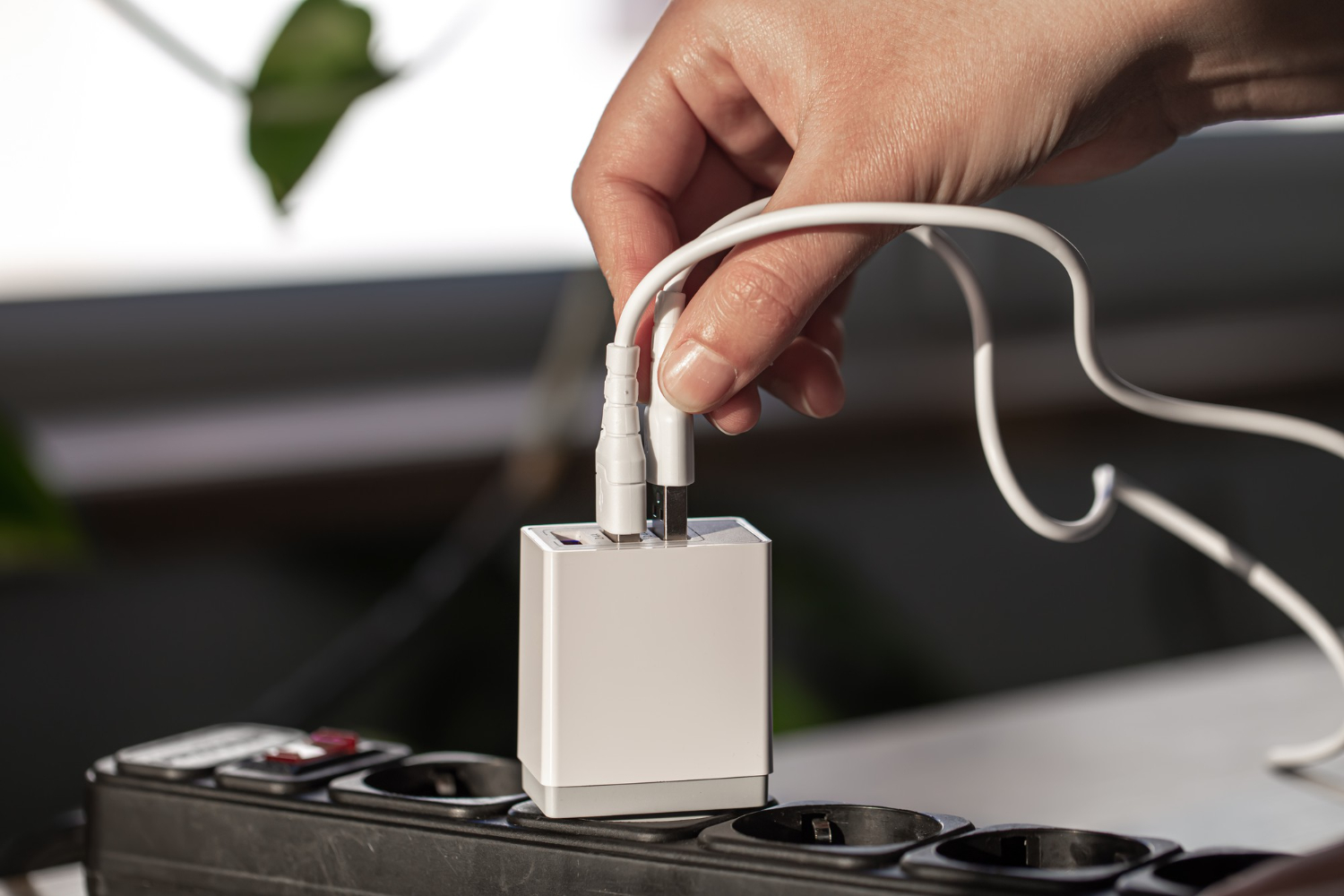Let’s face it—life throws unexpected expenses at us when we least expect it. Whether it’s a car repair, a medical bill, or just trying to stay ahead of the rent, sometimes you need money fast. If you’re a federal employee, allotment loans might be one of the more convenient ways to access quick cash without jumping through too many hoops.
In this article, we’ll break down what allotment loans are, how they work, who they’re for, and the pros and cons. We’ll keep it simple, real, and honest—just like advice you’d give a friend.
What Are Allotment Loans for Federal Employees?
An allotment loan is a type of personal loan available specifically to federal employees. The key difference between this and a regular loan is how it’s repaid—payments are taken directly from your paycheck through a payroll allotment.
This makes it easier for lenders to trust you and for you to manage your repayments. It’s a win-win, especially if you’re trying to avoid late fees or missed payments.
So, if you’re a government worker needing some financial breathing room, this loan type could be exactly what you’re looking for.
How Do Allotment Loans Work?
It’s pretty straightforward. You apply for a loan through a lender that supports payroll allotments for federal employees. Once approved, your repayment is automatically deducted from each paycheck before it hits your bank account.
The amounts typically range from $500 to $3,000, though some lenders go higher. Loan terms often last between 6 to 36 months. Many of these lenders don’t require perfect credit, which is a big plus if your score has taken a hit.
This setup gives you peace of mind knowing the loan gets paid on time—no setting reminders or worrying about due dates.
Who Can Actually Get These Loans?
Allotment loans are designed for active federal employees—this includes everyone from postal workers and VA staff to TSA agents and other civil servants. Most lenders prefer that you’ve been on the job for at least 6 months or more.
Some lenders may require steady income proof or a clean pay history, but overall, the qualifications are more relaxed compared to traditional loans. If you’re retired or no longer employed by the federal government, your options might be limited—unless your pension supports allotment deductions.
If you’re not sure whether you qualify, it’s best to ask the lender directly before applying.
Why Federal Employees Use Allotment Loans
There’s no one-size-fits-all reason people take out allotment loans, but here are some of the most common:
- Emergency expenses like car repairs or medical bills
- Filling gaps between paychecks or covering rent
- Unexpected travel or family emergencies
- School supplies or tuition help
The real appeal lies in speed and convenience. You can often get approved quickly—even with average credit—and don’t have to worry about forgetting to make a payment since it’s handled through payroll.
Pros and Cons of Allotment Loans
Like any financial tool, allotment loans come with upsides and downsides. Let’s break it down.
✅ Pros:
- Easy repayment through paycheck deductions
- Better approval chances for federal workers
- Can improve budgeting and reduce stress
- Fixed monthly payments make planning easier
❌ Cons:
- Some loans come with high interest rates
- Early repayment penalties may apply
- Risk of over-borrowing due to ease of access
- Not available for all federal roles or retirees
Knowing both sides helps you make an informed decision before locking yourself into any loan.
How to Apply for an Allotment Loan
The application process is simpler than you might think:
- Find a lender that offers allotment loans for federal employees.
- Check your eligibility and review their loan terms.
- Gather necessary documents (ID, recent pay stubs, proof of employment).
- Submit your application online or in-person.
- Once approved, sign the paperwork and set up your payroll allotment.
Funds usually hit your account within 24 to 48 hours after approval. Just remember: always compare lenders, and don’t rush into the first offer you see.
Red Flags to Watch Out For
As convenient as allotment loans are, not every lender plays fair. Watch for these red flags:
- Promises of “guaranteed approval”—nobody can promise that.
- Vague loan terms or fine print that’s hard to understand.
- High APRs that seem too good to be true—they usually aren’t.
- Lenders pushing you to sign quickly or borrow more than you need.
Always do your research. Look up reviews, ask colleagues, and make sure the lender is legit and transparent.
Alternatives to Allotment Loans
If an allotment loan doesn’t feel like the right fit, don’t worry—you’ve got options:
- Credit union personal loans (especially those serving federal employees)
- 0% APR credit cards (great for short-term borrowing if you can pay it off quickly)
- Hardship programs through your agency or HR department
- Peer-to-peer lending platforms like LendingClub or Prosper
Exploring other routes might help you find a better interest rate or more flexible repayment terms.
Final Thoughts
At the end of the day, allotment loans can be a smart option if you’re a federal employee who needs fast access to cash and prefers the ease of payroll-deducted payments. They’re not a perfect fit for everyone, but in many cases, they offer convenience that traditional loans simply don’t.
Just make sure you borrow responsibly. Read the fine print, know your repayment terms, and be honest with yourself about your ability to pay it back. Loans should be a bridge—not a trap.
FAQs
Do allotment loans affect my credit score?
Yes. Just like any loan, your payment history is reported to credit bureaus. On-time payments can help boost your score, but missed payments can do the opposite.
How fast can I get funds from an allotment loan?
Most lenders deposit funds within 24 to 48 hours after approval, though this may vary depending on your bank or institution.
Are allotment loans only for emergencies?
While they’re commonly used for emergencies, you can use them for any personal expense—just make sure it’s something worth taking on debt for.
What happens if I leave my federal job?
If you leave your job or retire, your payroll deduction stops. You’ll likely need to switch to manual payments or pay off the balance early. Always ask about this scenario before signing.








